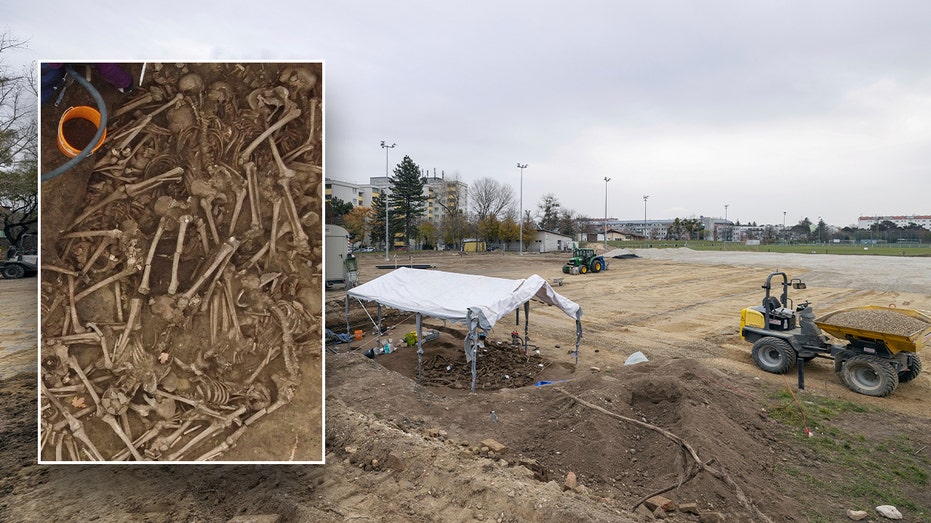- by foxnews
- 08 Apr 2025
Italy Implements Measures to Combat Overtourism
In response to escalating concerns over overtourism, cities in Italy are enacting stringent measures to preserve their cultural heritage and ensure resident safety.
- by travelandtourworld
- 23 Feb 2025
- in travel

In response to escalating concerns over overtourism, cities in Italy are enacting stringent measures to preserve their cultural heritage and ensure resident safety.
Florence's Crackdown on Self Check-in Keyboxes
The Municipality of Florence has issued a directive requiring all holiday rental property owners to eliminate self check-in keyboxes by February 25, 2025.
This initiative addresses security concerns associated with the absence of direct interaction between hosts and guests, which critics argue could lead to unauthorized access and other safety issues.
Mayor Sara Funaro emphasized the city's commitment to enforcing this regulation, stating that inspections will commence promptly after the deadline.
Venice's Enhanced Tourist Entry Fee
Simultaneously, Venice is intensifying its efforts to control tourist overcrowding by revising its entry fee structure.
This adjustment nearly doubles the number of days the fee is applicable, increasing from 29 to 54 days between April and July.
The initiative aims to manage tourist flows more effectively and alleviate pressure on the city's infrastructure.
Mayor Luigi Brugnaro highlighted that the primary objective is to distribute tourist presence more evenly rather than deter visitors.
The policy exempts residents, workers, students, and overnight guests, focusing the fee on day-trippers who contribute significantly to congestion without proportionate economic benefits to the city.
Broader Implications and Global Interest
These measures reflect a broader trend among popular tourist destinations grappling with the adverse effects of mass tourism.
The Venetian model has garnered attention from other cities facing similar challenges, including Kyoto in Japan and Formentera in Spain, which are considering analogous strategies to balance tourism with quality of life for residents.
While these policies have sparked debate, with some critics arguing they may transform historic cities into exclusive destinations, proponents assert that such regulations are essential for preserving cultural heritage and ensuring sustainable tourism.
As these initiatives unfold, their effectiveness in mitigating over tourism will be closely monitored by both local authorities and international observers.
- by foxnews
- descember 09, 2016
Ancient settlement reveals remains of 1,800-year-old dog, baffling experts: 'Preserved quite well'
Archaeologists have recently unearthed the remarkably well-preserved remains of a dog from ancient Rome, shedding light on the widespread practice of ritual sacrifice in antiquity.
read more




